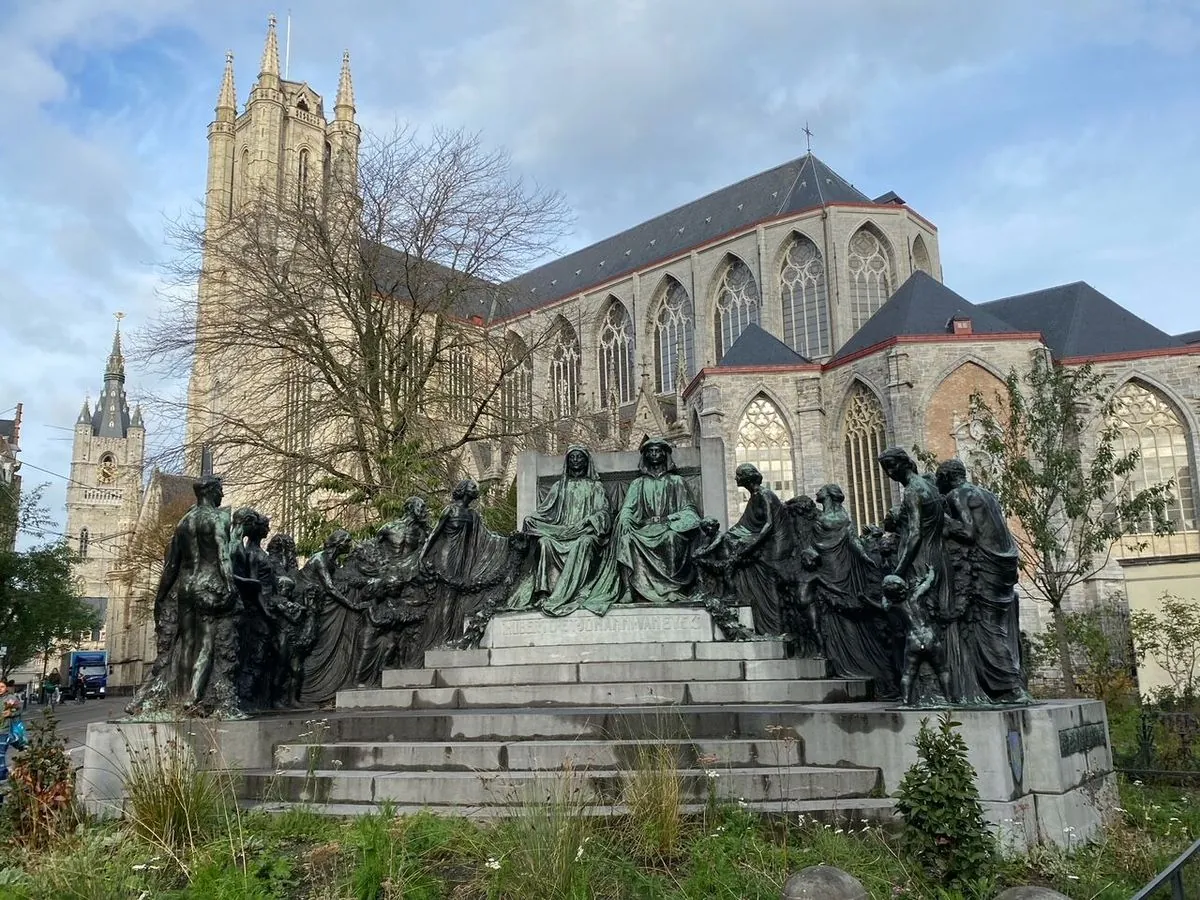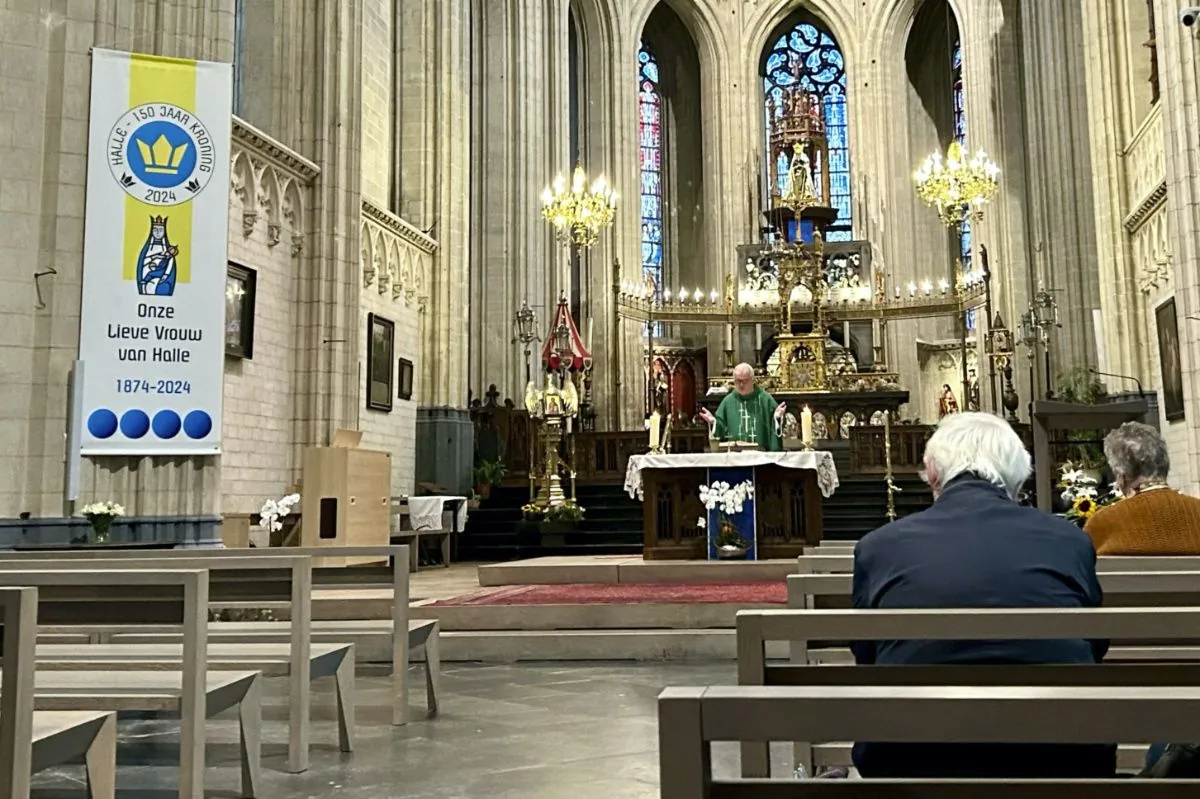Pope's Belgium Visit Overshadowed by Clergy Abuse Legacy
Pope Francis faces a challenging reception in Belgium, as the country grapples with its history of clergy sex abuse. The visit, originally planned to celebrate university anniversaries, is now marked by controversy and investigations.

Pope Francis is set to embark on a four-day visit to Belgium from September 26 to 29, 2024, following his recent tour of Asia. However, the atmosphere surrounding this visit starkly contrasts with the enthusiastic reception he received in Asia, as Belgium continues to confront its troubling history of clergy sexual abuse and institutional cover-ups.
The pontiff's arrival comes at a time when Belgium's once-strong Catholic identity has been severely eroded. The country, known for its rich cultural heritage and as the de facto capital of the European Union, has seen a significant decline in religious participation. Church authorities no longer publish weekly Mass attendance statistics, as monthly rates have fallen to single digits.

This visit was initially planned to commemorate the 600th anniversary of Belgium's two Catholic universities. The University of Leuven, founded in 1425, stands as one of Europe's oldest academic institutions. However, the focus has shifted dramatically due to recent events and ongoing investigations into clergy abuse.
A group of abuse survivors has penned an open letter to the Pope, which will be hand-delivered during a meeting with 15 survivors. The letter calls for a universal system of church reparations and for the pontiff to assume responsibility for the devastating impact of abuse on victims' lives.
"The open letter will be hand delivered to Francis when he meets with 15 survivors during his four-day visit starting Thursday"
The Belgian parliament has been actively investigating the mishandling of abuse cases. In a surprising development, they announced a follow-up investigation into "Operation Chalice," the 2010 police raids on church offices that were ultimately shelved. This decision comes in response to allegations of irregularities and potential interference in the criminal investigation.
The public's perception of the Catholic Church in Belgium has been further damaged by recent revelations. A four-part Flemish documentary titled "Godvergeten" (Godforsaken), aired in 2023, brought the voices of abuse survivors to the forefront, showcasing the systemic nature of the problem.
Belgium's complex federal system and linguistic divisions have added layers of complexity to addressing the abuse crisis. The country, divided between Flemish and Walloon populations, has struggled to present a unified approach to this sensitive issue.
Despite Belgium's reputation for progressive policies, such as being one of the first countries to legalize same-sex marriage in 2003, the Church's handling of abuse cases has lagged behind societal expectations. This disconnect has contributed to the rapid secularization of Belgian society, a trend observed across many Western European nations.
The Pope's visit also coincides with ongoing debates about the role of the Church in modern Belgian society. Once a dominant force in the country's social and political life, the Church now finds itself struggling to maintain relevance in a highly secularized environment.
As Francis prepares to address issues such as immigration and climate change during his university visits, the shadow of the abuse scandal looms large. His recent decision to defrock former Bruges Bishop Roger Vangheluwe in March 2024, 14 years after the bishop admitted to abusing his nephew, has been seen as a belated attempt to address criticism ahead of this visit.
The contrast between this reception and the warm welcome St. John Paul II received during his 1985 tour of Belgium is stark, reflecting the profound changes in the country's relationship with the Catholic Church over the past four decades.
As Belgium continues to grapple with its colonial past, particularly its history in Congo, the Church's role in that era also faces scrutiny. This adds another layer of complexity to the already challenging relationship between the Belgian people and the Catholic institution.
The upcoming papal visit serves as a poignant reminder of the long-lasting impact of clergy abuse and the challenges facing the Catholic Church in a country once considered a bastion of the faith. It remains to be seen how Pope Francis will address these issues and whether his words and actions can begin to heal the deep wounds inflicted on Belgian society.


































